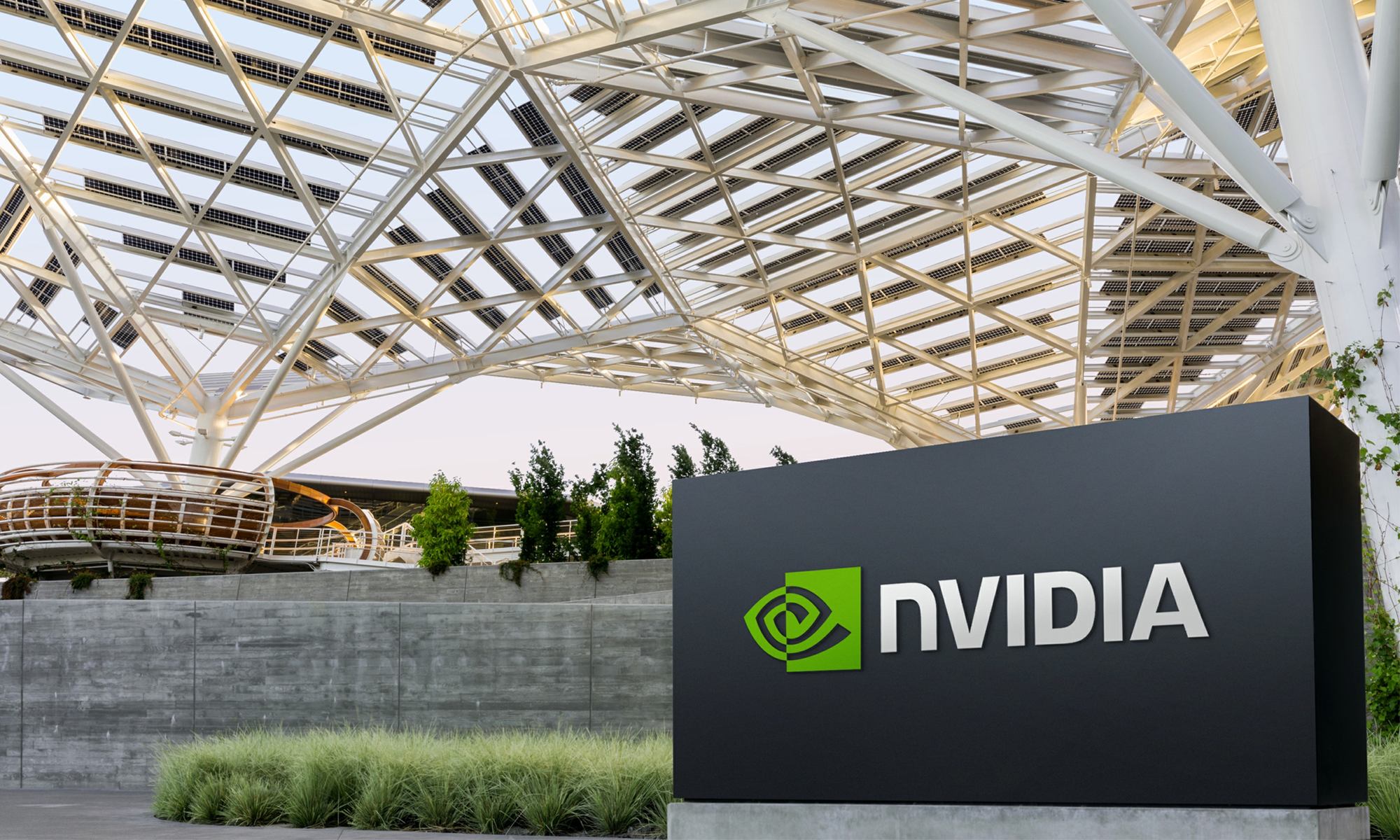Nvidia (NVDA 2.82%) has been on an incredible run in recent years, growing by leaps and bounds and taking chip industry market share. The story behind the company is far more than one of a chip designer, though. In this Motley Fool Live segment from "The 5" recorded on Oct. 8, Fool.com contributors Jason Hall and Nicholas Rossolillo explain the power behind Nvidia's business model and why it commands such a high price tag compared to its peers.
Nicholas Rossolillo: I like your chart actually, Jason, you want to throw that out there again?
Jason Hall: I will.
Rossolillo: The Intel (INTC +0.86%), Nvidia, Taiwan Semi (TSM 1.68%) chart. Nvidia is my favorite chip stock, has been for a really long time. It remains my favorite, even though it is expensive, should we do quotation marks, "expensive." I think it's important to understand how the semiconductor industry works, to understand why that is, because it's not just that Nvidia is growing and gobbling up market share against Intel. Intel has to open up that architecture because Nvidia is gunning for them, they're trying to overtake Intel on that department.
But the chip industry. You've got like an engineering firm. Basically, they're just electrical engineers. They design circuitry. Then companies that design circuitry license out that technology to a manufacturing partner. That's the second phase, manufacturing, that's where your Taiwan Semiconductor comes into play, who has now overtaken Intel in that department as the world's largest chip fab. Nvidia has this really interesting layer on top of that. They're not a manufacturer. They only design stuff, they're an engineering firm, but they're also a software company.
Hall: Right.
Rossolillo: To a certain extent, all chip companies have to be software companies, too, because you need to have on a very basic level, at least some very basic software embedded in the chip so that when you plug it in somewhere, the electricity knows what to do. The computer, the chip knows what to do when it's turned on, and then a software developer can build layers of software on top of that to do higher-order tasks. Nvidia has gone way beyond that now. Just that basic firmware embedded in the chip. They're now licensing out software built on their hardware, as a software-as-a-service company.
Hall: That's incredible.
Rossolillo: Which we know here at the Fool is a huge industry with hundreds of billions of dollars a year and growing. Nvidia, they're not dabbling in that space now. They have a huge business in that space. They're licensing out some incredibly powerful software built on their incredibly powerful hardware that has gotten them to this point. I don't think that's going to be a hard thing to achieve from the industry, not at the chip industry level and at the software level, too, Nvidia makes a really compelling case when they go out to customers with that pre-packaged hardware and software bundle. It's just such a compelling value proposition. That's why Nvidia gets the really high price tag. Now, is it a best buy today? I don't know. But over the next 10 years, I just have a hard time imagining Nvidia losing too much steam for too long.
Hall: I think that's the key. Sometimes, we make investing too hard. The thing that Taiwan Semi has going for it is so many tailwinds. The need for all of the stuff that all of these companies do is not going to get any smaller. We're at a point right now, as we all know, if you've tried to buy a car or a dishwasher or a laptop or anything, anything short of a blanket, you get to wait. You get in line of wait behind everybody else because we're at capacity.








